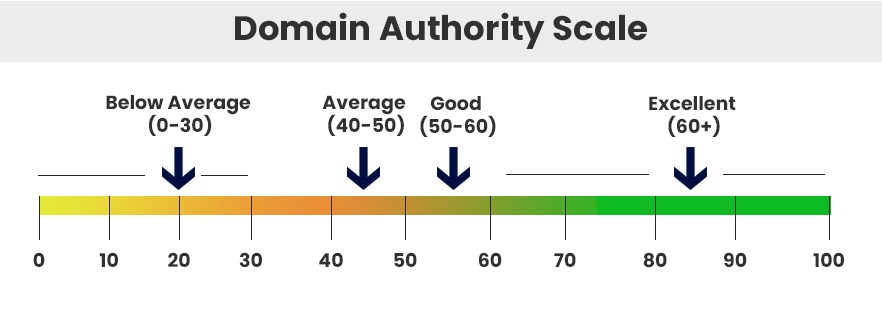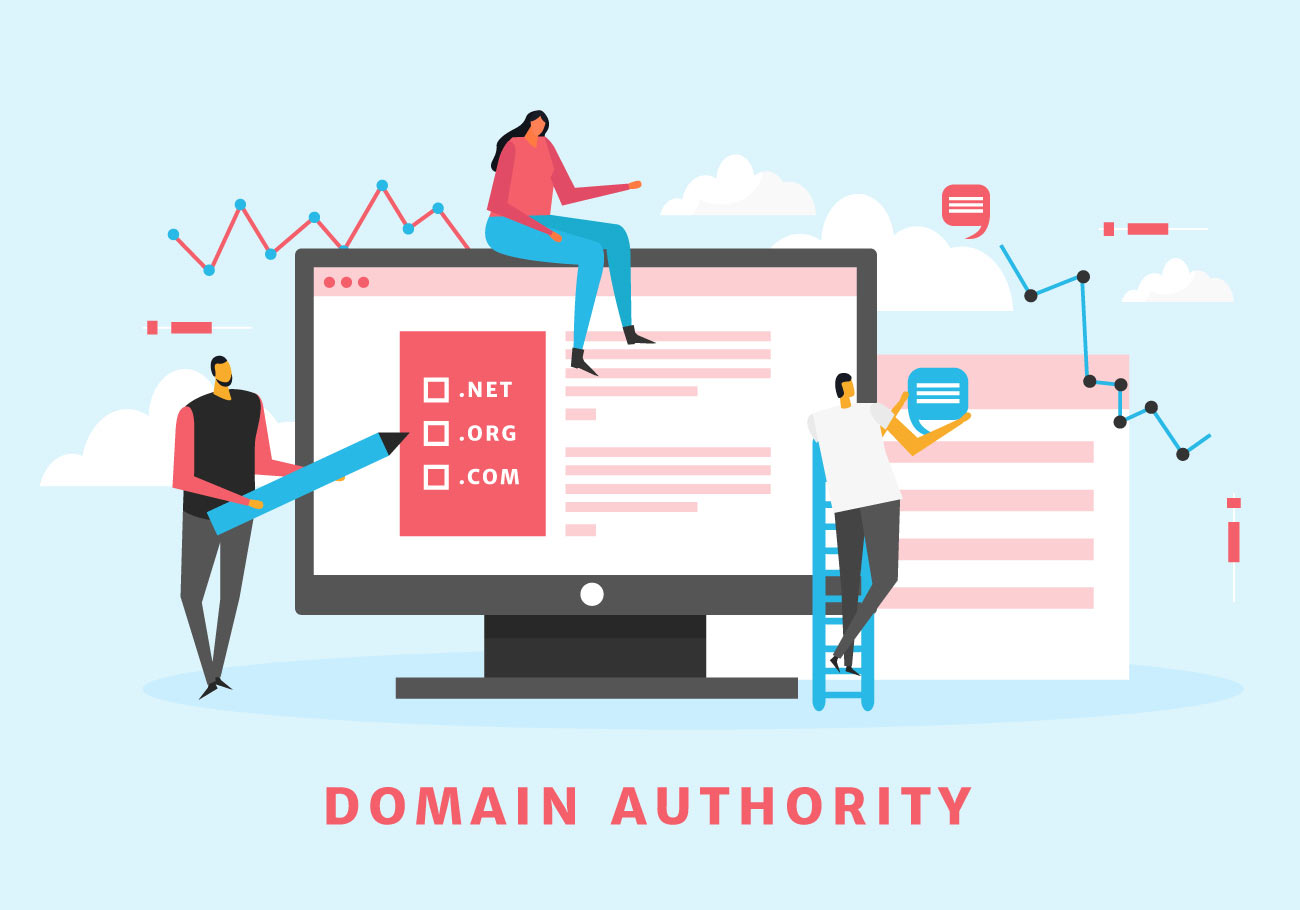

Websites are tools used to establish credibility and authority in the digital world.
To effectively boost your website's authority, it's important to understand what authority factors are and how they can be improved.
This article will discuss assessing website authority, improving authority, monitoring progress, common mistakes, and best practices using authority tools. With this checker, you will be able to increase your website's authority and reach its full potential.
By assessing your website's authority, you can maximize its potential and gain the trust of your target audience. Authority is a measure of how much trust and credibility your website has with visitors, and it is determined by a variety of factors.
These include the quality and relevance of the content, the age of the domain, the number of inbound links, and the presence of social media accounts. Each of these elements can be evaluated to determine the authority of a website.
Additionally, the search engine optimization of the website can also be assessed, as this can play a major role in its visibility and ranking on search engine results pages. By understanding and evaluating these factors, you can improve the authority of your website and gain the respect of your target audience.
Frequently assessing the quality and relevance of the content, the age of the domain, the number of inbound links, and the presence of social media accounts are all key authority factors that can help maximize the potential of your website.
Content should be relevant, accurate, and up-to-date. The domain's age indicates the website's legitimacy and trustworthiness. Inbound links demonstrate the website's level of exposure and connection to other authoritative websites.
Lastly, the presence of social media accounts gives the website more visibility and potential for engagement. All of these factors should be monitored and reviewed regularly in order to maintain a high level of authority for your website.

Using a website authority checker is one of the best ways to improve the authority of your website. It can help you identify areas of strength and weakness, as well as identify any potential issues that may be hampering your website's performance.
With this information, you can make adjustments and optimize your website for better authority and visibility. Additionally, there are a few key steps you can take to boost your website's authority.
First, focus on creating quality content that is relevant to your target audience. Search engines reward sites that provide valuable and relevant content, so make sure to provide fresh content regularly. Second, you can build links from other websites back to your own. Search engines view this as a sign of trustworthiness, and it can also help you to improve your website's visibility. Third, be sure to use the correct SEO techniques to ensure your website is properly optimized and indexed by search engines.
Once you have taken the necessary steps to boost your website's authority, it is important to monitor your progress to ensure you are seeing the desired results. Keeping track of the impact of your efforts is essential in order to measure the effectiveness of your actions.
To do this, you will need to use a website authority checker. This tool will provide you with valuable insights into the authoritative status of your website, such as domain and page authority, trust flow, and citation flow metrics.
It will also show you how your website ranks among its peers, as well as the estimated number of visitors to your site. By regularly checking your website's authority using this tool, you can keep track of your progress and make necessary adjustments as needed. Monitoring your website's progress is essential for ensuring that you are getting the maximum benefit from your efforts to boost your website's authority.

With the help of authority checker tools, you can track the progress of your website and ensure it is achieving the desired authoritative status. These tools provide comprehensive analysis of your website's domain authority, page authority, and link profile.
This can help you identify areas where your website is lacking in authority and make necessary adjustments to improve its performance. Additionally, they can help you monitor the performance of your competitors' websites, so you can stay ahead of the competition.
Authority checker tools are invaluable for creating an effective SEO strategy and ensuring your website has the maximum level of authority possible. With these tools, you can easily identify and capitalize on opportunities to boost your website's authority.
Building on the previous discussion of authority checker tools, it is important to also recognize the potential pitfalls of using such tools in order to maximize the authority of your website. One common mistake is relying solely on automated tools, as they can only provide an estimate of the website's authority.
Additionally, the results may not be accurate if the website is relatively new or if it contains outdated information. Moreover, the tool may not be able to detect a website's true potential, as it may not be able to take into account all of the other factors that can affect the website's authority.
Furthermore, using the wrong metrics can lead to inaccurate assessment of the website's authority. Finally, it is important to remember to regularly update the website content to ensure that the authority checker tool will provide an accurate assessment of the website's authority.

Domain authority and page authority are metrics used to measure the authority and strength of a website or specific web page. Domain authority measures the overall authority of a domain, while page authority measures the strength of a single page. Domain authority is calculated based on the number of quality backlinks a website has, the quality of those backlinks, and a website's overall age and size. Page authority is calculated based on the number of backlinks, the quality of those backlinks, the age of the page, and the content of the page. Generally, domain authority is more important than page authority since it measures the overall strength of a website.
Using an authority checker can involve some risks. If the tool is not used correctly, it can result in inaccurate results, which can mislead you on the actual authority of your website. Additionally, if the algorithm of the tool is not regularly updated, the results can be outdated and irrelevant. Finally, if the authority checker is not used with caution, it can lead to false conclusions and wrong decisions for your website's online influence.
When it comes to using any tool to optimize a website for search engine results, it's important to follow best practices. First, it's important to understand how the tool works and what it's designed to do. Second, make sure to use the tool correctly, following all instructions carefully. Third, check for any errors on the website that could be caused by the tool. Finally, monitor your website's performance after using the tool to ensure that it's achieving the desired result. Following these steps will help ensure the best possible performance from the tool.